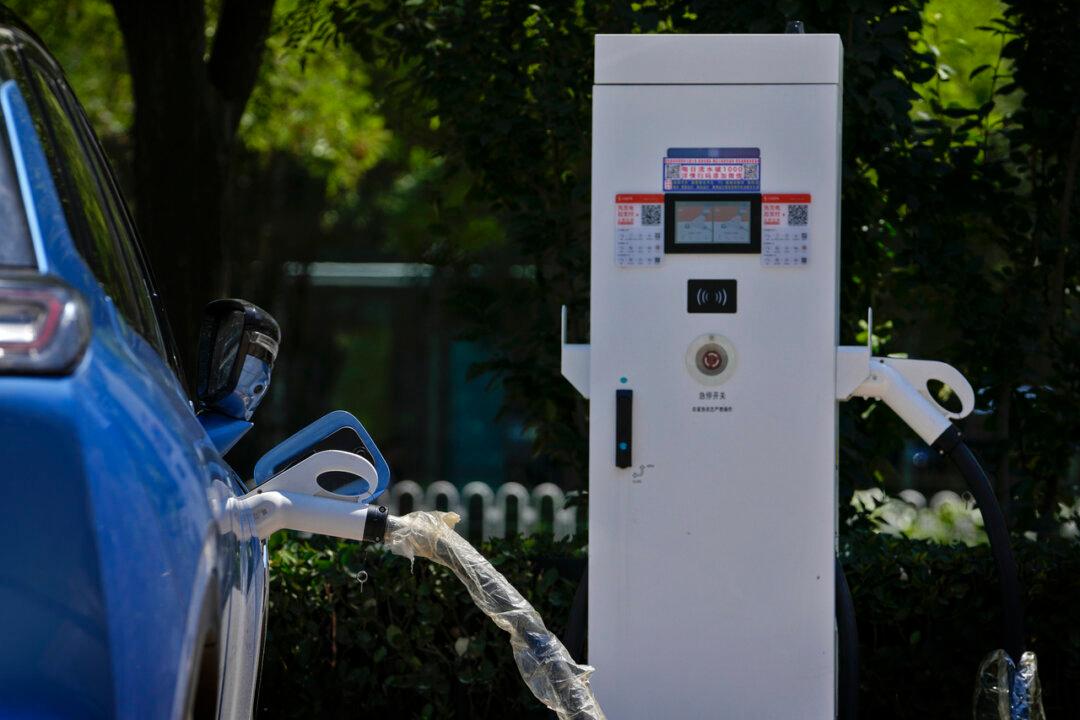A majority of Canadians might hesitate to buy an electric vehicle (EV) knowing it is made in China, while an even larger proportion supports the federal tariff on these imports, a survey shows.
The Nanos survey commissioned by The Globe and Mail found three out of five Canadians either support (43 percent) or somewhat support (20 percent) Ottawa’s recent decision to impose a tariff on Chinese-made EVs, citing concerns about the regime’s unfair trade practices. In contrast, about a quarter of the 1,093 participants say they oppose the measure.





